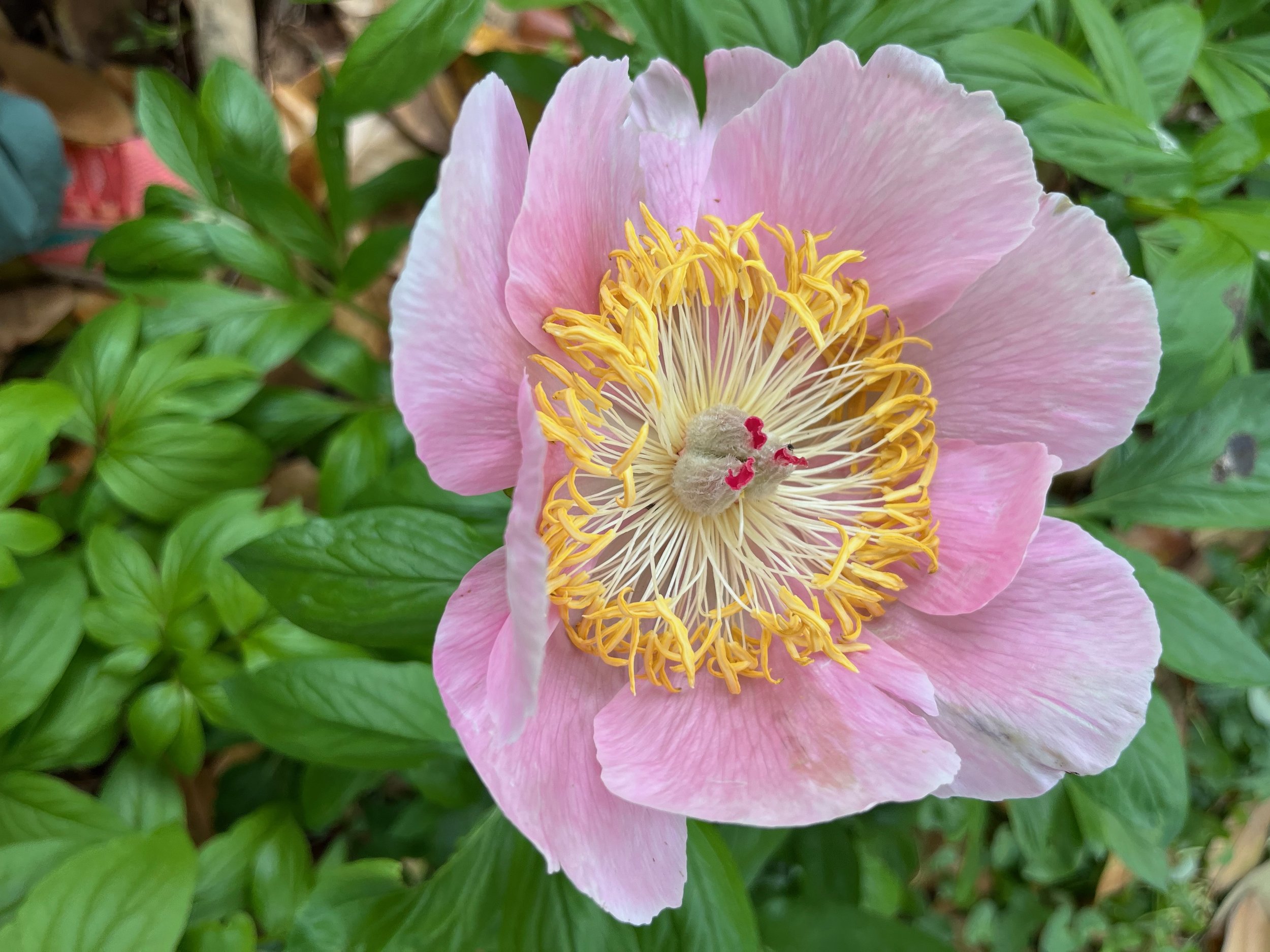
Botany Bistro
There’s always a table reserved for you at the Botany Bistro! Here you can munch on bite-sized botany as you savor the science of plants. In 2025, Season 2 of this free, virtual botanical banquet focuses on 24 different plant families, exploring their unique characteristics and ways they have adapted through time. New videos are uploaded on the second and fourth Wednesday of each month. Want to know when new episodes go live? Sign up here! You can also explore Season 1.
Learners of all levels are welcome to join in and further their knowledge of plants. No matter what your background or interests are, understanding the complex processes of how plants thrive will help you maintain a healthy garden ecosystem in your landscape and empower you to protect and nurture natural spaces.
The Botany Bistro Schedule
Here are the dates new episodes will drop in 2025. They’re also listed on our main calendar, or you can sign up for email notifications.
July 9, 2025: Solanaceae Family
July 23, 2025: Rosaceae Family
August 13, 2025: Asteraceae Family
August 27, 2025: Poaceae Family
September 10, 2025: Cucurbitaceae Family
September 24, 2025: Rafflesiaceae Family
October 8, 2025: Passifloraceae Family
October 22, 2025: Orchidaceae Family
November 12, 2025: Piperaceae Family
November 26, 2025: Taxaceae Family
December 10, 2025: Sapindaceae Family
December 24, 2025: Primulaceae Family
January 8, 2025: Pinaceae Family
January 22, 2025: Cactaceae Family
February 12, 2025: Bignoniaceae Family
February 26, 2025: Crassulaceae Family
March 12, 2025: Ranunculaceae Family
March 26, 2025: Brassicaceae Family
April 9, 2025: Fabaceae Family
April 23, 2025: Magnoliaceae Family
May 14, 2025: Liliaceae Family
May 28, 2025: Lamiaceae Family
June 11, 2025: Fagaceae Family
June 25, 2025: Juglandaceae Family
Email Notifications
If you’d like to be notified when new episodes are published and receive reminders about quarterly virtual “live” gatherings, sign up here:
Meet Your Instructor
CGC Director of Education Mary Dudley is a passionate educator who strives to bring environmental education to students of all ages who seek to integrate nature into their daily lives and classroom curriculum. Prior to rejoining the CGC team, she worked as the agriculture education teacher at James N. Gamble Montessori High School. Mary holds two graduate degrees: one in botany and another in workforce development education.
Mary created Botany Bistro because, as she explains: “The study of botany is very important to me personally. It has given me the ability to diagnose and treat plant problems, identify plants in nature and my backyard and appreciate the wonder of plants around me. I want to share this knowledge freely in the hopes that all of our neighbors will have the ability to incorporate plants into their lives, diets and playscapes.”
